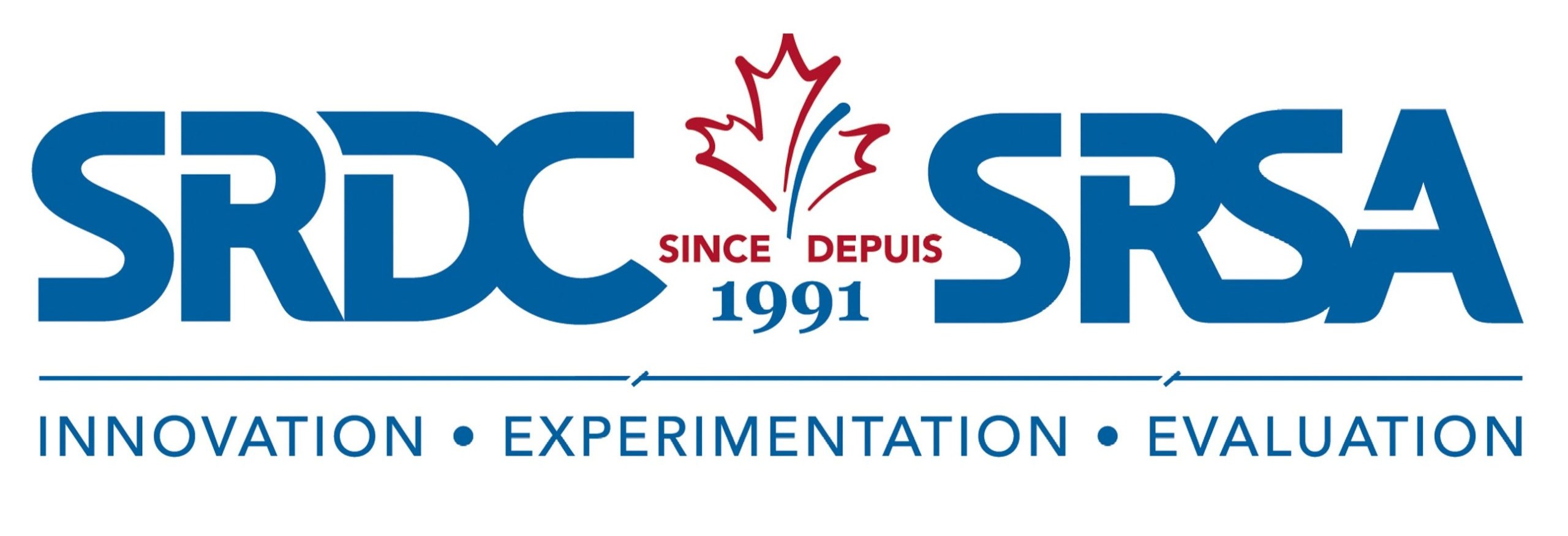A new research study, Unlocking Doors: Research on Mentoring to Strengthen Skills and Support Career Pathways for Racialized Young Adults, identifies mentorship as a crucial tool to address issues impacting racialized young adults, such as unemployment and challenges to their wellbeing.
Mentor Canada, in partnership with Social Research and Demonstration Corporation (SRDC), with funding support from the Government of Canada's Skills for Success Program, conducted an 18-month mixed-methods research initiative that included a literature review, a survey of 3,110 young adults (1,618 racialized) and interviews with 23 youth and 13 mentoring stakeholders.


This study highlights how mentorship can help racialized young adults aged 18 to 30 strengthen skills for success, increase professional confidence, access meaningful opportunities and improve well-being. There are critical gaps in mentorship access for Black, Indigenous or People of Colour (BIPOC). Organizations, educators and policymakers are encouraged to review the executive summary and explore opportunities to improve mentorship possibilities.
Dive Deeper into the Research Findings
Executive Summary
Need the high-level takeaways quickly? The Executive Summary provides an essential overview of the study's key findings. It includes 10 key recommendations for practice and policy, such as expanding access and outreach, providing support at critical transitions, and training mentors in cultural humility and anti-racism. The summary highlights that mentorship significantly benefits racialized youth's well-being, connectedness, and career journeys. Interested in learning more about the critical role mentorship plays in closing opportunity gaps for racialized young adults?
Final Research Report
This comprehensive report presents the purpose, full methodology, and extensive findings of the 18-month mixed-methods research. It details the study phases, including a national youth survey of over 3,100 young adults (with over 1,600 identifying as racialized youth) and qualitative interviews with 23 racialized young adults and 13 mentor stakeholders. The report explores the relationship between mentoring, strengthening skills for success, and supporting career development for racialized young adults (18-30). It is intended to inform mentoring organizations, employers, and educators.
Data Dashboards
Engage directly with the numbers. Our interactive Data Dashboards allow you to visually explore the survey responses of the 3,110 young adults, with data broken down by key demographics. You can analyze three core areas: Access and Openness to Mentoring (including current and desired relationships), Mentoring and Skills Development (focusing on support for Canada's Skills for Success), and Youths' Definition of Success in education and careers.
Coming soon: Ideal Mentoring Program Design Guide
Move from insight to action. This practical guide translates the research findings into clear, actionable steps for designing or adapting a mentoring program. It provides evidence-based recommendations on how to structure mentoring programs to best serve racialized young adults and ensure they strengthen skills for success and access meaningful opportunities.
Funded by:
